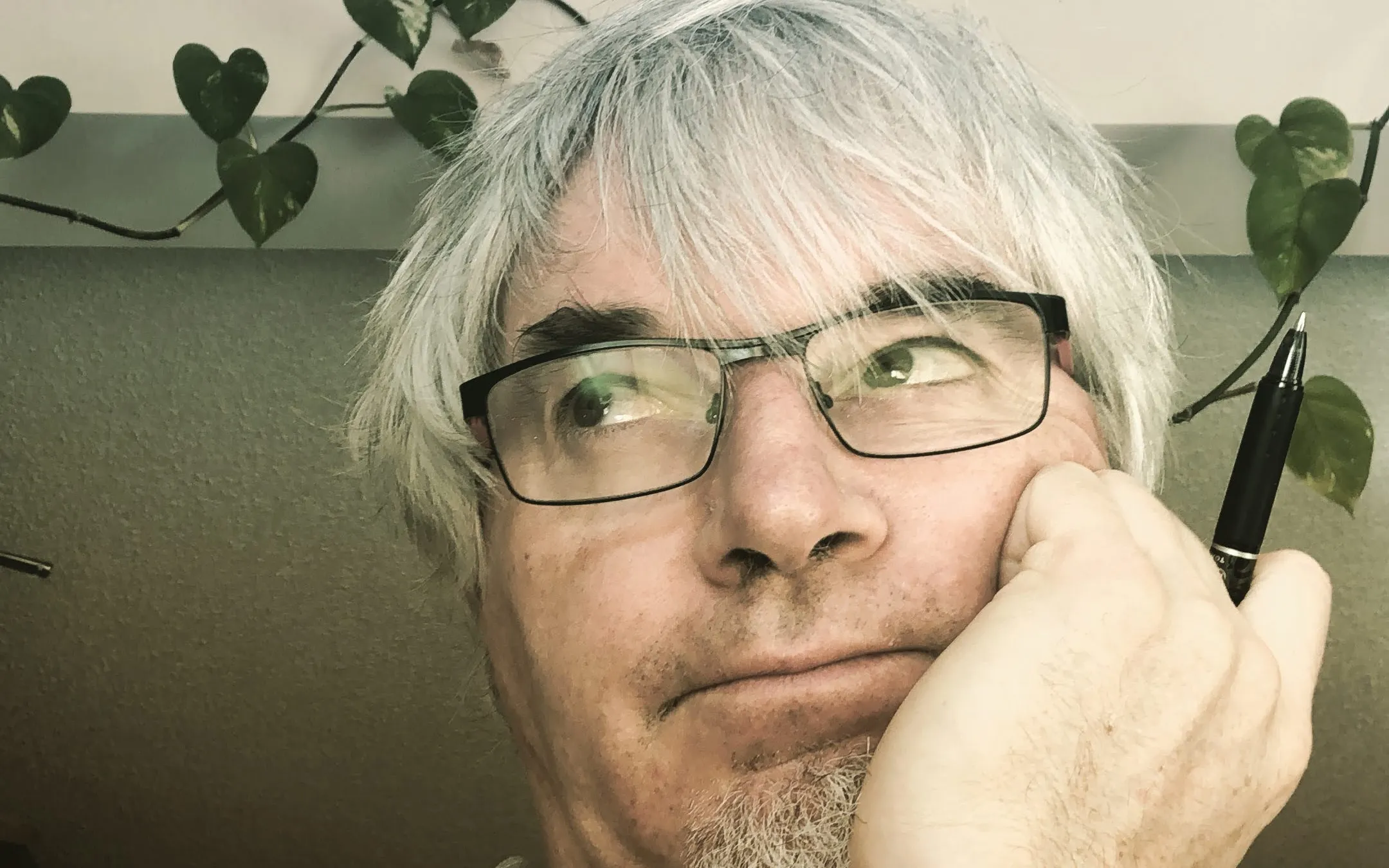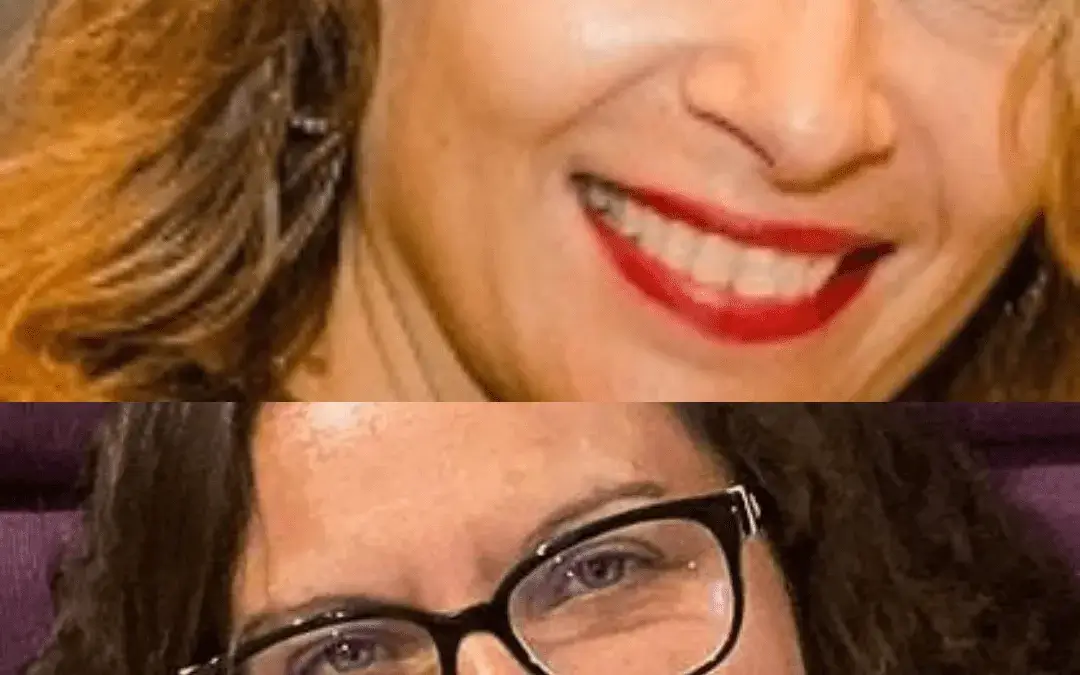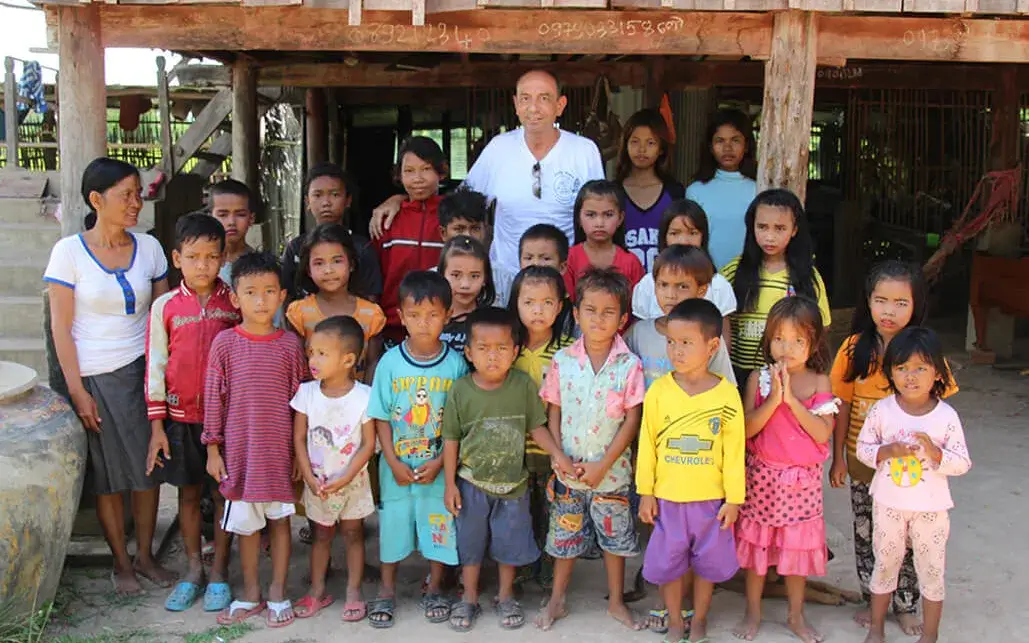Bruce Petherick: “Access to formal autism diagnosis is a huge problem currently in Canada”
When and why was your organization created?
In 2015, two of Canada’s largest, leading autism organizations, Autism Society Canada established in 1976 and Autism Canada Foundation, established in 2002, amalgamated to form Autism Canada.
What is your goal?
For over 45 years Autism Canada has had a national perspective on the issues currently facing those with Autism Spectrum Disorder, their families, caregivers, and allies. Autism Canada’s primary mandate is to increase the quality of life and well-being of people on the Autism Spectrum through education, advocacy, and support.
What do you do in your organization?
I have a multi-function role in the organization. My job title is Autistic Advocate and I do three main tasks: I advocate for a better life for all autistics across Canada. This means I work at a local/provincial and national level with organizations of all types to improve our autistic experience.
I am also responsible for our ambassadors team, a group of actually autistic individuals from across the country who represent our organization, and give Autism Canada feedback about community concerns. I also help manage our annual Au-Some conference, the only national conference in Canada by actually autistic people, for autistics and our allies.
I am part of the Family Support Team. One part of this role is to answer queries from people about autism and to help anyone who needs them, resources. I am also responsible, with my manager, in running our Literacy Program.
The third task is running our Healthy Communities program. This is a short-term (2 year) program that delivers training to a subset of libraries and community centres around recognizing autistic behavior, creating safe spaces and the use of sensory support kits.
What kind of programs do you offer?
Autism Canada’s main role is as a resource and advocacy organization, but we also run many programs like the national annual Au-Some Conference, a first-of-its-kind Search and Rescue for Autism program, and an exceptional catalog offering autism education to both the public and private sectors, which we call our Literacy program. We are also starting to create an advocacy program to help autistics learn to advocate for themselves, and others.
How do families experience the diagnosis?
I call the process a discovery, as autism is a lifelong condition that we only discover, or confirm that we have after a formal diagnosis. The use of the term discovery also raises the issue that many people across the world don’t have access to a diagnosis, because of financial issues, class issues, social stigma, or geographical issues.
Every person and their family and friends experiences the discovery in a different way. For a lot of people, it really is a confirmation of something that they probably have suspected for a long time.
For others, it could be a shock. For everyone, there is a period of ups and downs as they and their support teams come to terms with what being autistic means. There are many highs and some lows, but I always think that everyone is better after going through this discovery period.
How do you help them?
The main way I can personally help is empathy. I can speak from my lived experience, and my experience with mentoring people when I was a teacher, and being an active member of my community.
The majority of late-diagnosed adults often tell me that the most important thing that I can tell them is that they are not alone in what is happening. That there are commonalities, and differences, in our lived experience. Of course, the other way we can help is direct people to relevant resources.
What is the reality of people with autism in Canada?
There is no common reality across the country. I think a lot of us are extremely happy that we live in a country where there is support and acceptance, in general. But we also live with the reality that resources are not equal across the country, and not everyone is accepted.
What difficulties are they facing?
Access to formal diagnosis is a huge problem currently in Canada that we, as an organization, are trying to work with all levels of government and service providers to make better. Access to resources is also a problem, in some areas of the country, there are many choices, but outside the larger metropolitan areas, those choices become narrow, if they exist at all.
As a country, we need to do better to ensure equity access, especially in the rural and indigenous communities. There is also a severe lack of resources and support for autistic adults, something that personally affects me daily.
What role does volunteering play in your organization?
Our organization is going through a big expansion period right now, and we are starting to use volunteers more and more. The biggest group of volunteers that we have right now are our ambassadors, who give us active community feedback, who write articles for our “Sharing The Spectrum” newsletter (all articles are written by autistics), who help in writing our “Words Matter Guide”, and who represent us in their local communities. We also have a board of directors who are all volunteers.







Add new comment